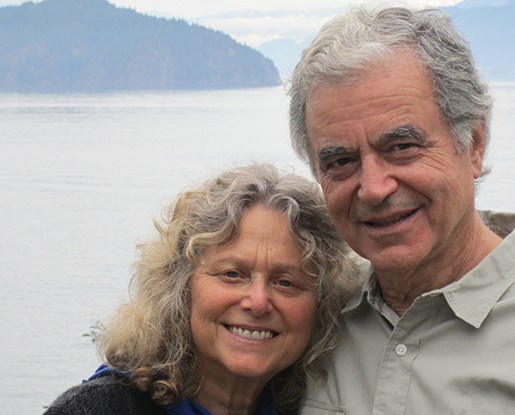There is so much out there on how to communicate in a relationship.
Whether you’re in a couple or in a parent/child, sibling, friend or business relationship, you’ve probably heard things like:
- Listen and try to understand what the other is saying.
- Make “I” instead of “you” statements, so that the other person doesn’t feel criticized and get defensive.
- Be clear in your communication. Leave little for the recipient to assume.
- Learn to negotiate to come up with a fair solution that works for both of you.
- Be brief; use the least number of words necessary to convey the message.
While these communication techniques can be very effective, they don’t directly work on the cause of a disagreement and so the same argument or issue will keep repeating.
Conflict is a natural part of any close relationship. When two people are interacting so closely, inevitably they will trigger one another – though in different ways. They will struggle to be right, to be heard, or to be seen or even not seen.
What is needed are not more communication skills but “discovery skills” to help you discover why you’re fighting. When each of you takes responsibility for your part in it, you can be detectives together, interested and curious about each other, helping to find the hidden causes and the way forward.
What is being overlooked? Likely you noticing your own unaddressed underlying emotions. The root cause of discord is the overlooked language of your emotions. Words, no matter how skillful, are inferior to acknowledging your own and each other’s feelings, which inevitably are reported in your body language. As long as you don’t address each other’s emotions and your attention is turned instead towards blame, criticism or avoidance, then your communication will be filled with frustration and arguments.
Let’s say you’re upset because you feel like you’re always doing what your partner wants to. You can let them know again and again using communication techniques what it is like for you when they behave a certain way. Have you noticed how you speak louder to get your point across?
However, unless you go deeper to see your own history of, for example, not speaking up for yourself but rather trying to please everyone else, you will recycle the same old habits. You know you feel upset but you don’t get that your partner is merely a trigger for these unresolved feelings in yourself. And since the pain is occurring in the presence of your partner, you’re convinced she or he is to blame.
In the meantime, your partner is thinking you were happy wherever you went and whatever you did together.
The reality is that when you’re not expressing the truth of your own emotions, they will always come out sideways. Recurring resentment will unavoidably create either distance or tension in your relationship, or you go back into the conflict zone again and again, unresolved.
When you learn how to become allies instead of adversaries, you can turn arguments into treasure hunts. You can, instead, help each other figure out and clear up what you are really reacting to. What if you paused to ask yourself whether your pain is similar to something in your past? What if you wondered how you might be contributing to the problem instead of running away from it or casting blame?
When both people take full responsibility to discover answers to these type of questions, the result is you’ll stop arguing and have a lot more fun!
Jack and Soorya Resels moved to Bowen Island from Vancouver a year and a half ago. They live at Belterra Cohousing and are loving the rich experience of connection in community within the remarkable greater community of Bowen itself. Together for more than 40 years, they are still interested in growing their relationship. In turn, they are committed to helping others grow their relationships with their partners, children/parents, siblings, friends or business contacts. They develop and lead couples workshops in their partnership with Bowen Island Yoga. Their own interests include yoga, conscious breathing practices, conscious aging and singing. They lead monthly chanting evenings at BIY and participate in various song circles and choirs on the island.



